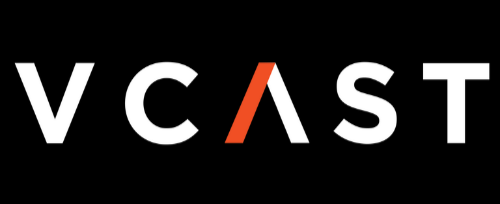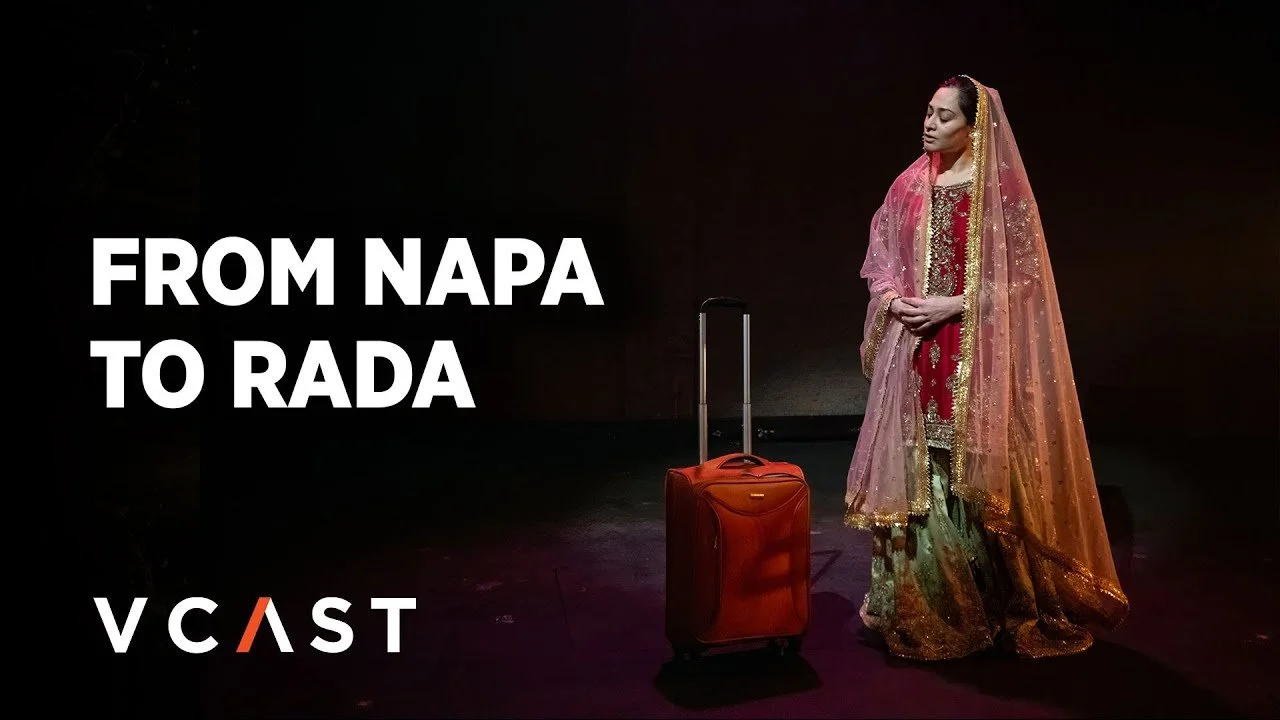Dr. Ishrat Husain's book - The Economy of Modern Sindh
“Work means nothing without passion — if you don’t have passion, life becomes distress,” says Dr. Ishrat Husain, one of Pakistan’s most respected public servants.
From serving as Governor of the State Bank of Pakistan (1999–2005) to leading the Institute of Business Administration (IBA) Karachi as Dean and Director (2008–2016), his career reflects a consistent engagement with economic reform and institutional development. He was awarded the Hilal-i-Imtiaz in 2003 by the President of Pakistan for his meritorious public service.
In this interview, Dr. Husain reflects on the research process and key insights behind The Economy of Modern Sindh, a book he co-authored with Dr. Aijaz Qureshi and Nadeem Hussain, published by Oxford University Press Pakistan.
The book fills a long-standing gap in economic literature. No other comprehensive study had been published on Sindh’s economy since the early 1980s. Initially conceived as a textbook, the project expanded into a broader analysis of the economy. It explores how policy missteps, political fragmentation, and ethnic divides have contributed to the province’s long-term economic decline. The authors argue that meaningful progress depends on improved cooperation between urban and rural areas — and on breaking away from the destructive ethnic divisions that have held Sindh back.
Dr. Husain places particular emphasis on the need for local governance. While the 18th Amendment ensured provincial autonomy, real change requires devolving decision-making to the district level. Local administrators, he believes, are better positioned to understand and manage service delivery in their communities.
“How can one secretary of education sitting in Karachi decide the fate of thousands of schools?”
In education, the disconnect between funding and outcomes is stark. Despite a 40% increase in Sindh’s education budget as of 2019, classroom results remain disappointing. Biometric attendance systems have introduced basic checks, but low teaching standards and widespread absenteeism continue to undermine progress.
A similar gap exists in healthcare. Rural clinics frequently lack female doctors, despite quota systems designed to place them there. Many never return to the areas they were selected to serve. Dr. Husain argues that degree completion should be made conditional on rural service — so that those who benefit from quotas contribute meaningfully to underserved communities.
He also speaks about how Sindh’s economic potential also remains significantly underutilized. Pakistan’s fishery exports have faced bans from the European Union due to non-compliance with hygiene standards, and the Keti Bunder harbor remains inactive despite its long-standing presence. Properly organizing the sector could support small-scale fishermen and reopen export opportunities. Similarly, the global halal meat industry — worth over one trillion dollars — remains largely untapped. Sindh’s direct access to the Middle East by sea and air gives it a clear advantage, yet the province has not developed this potential.
Dr. Husain also cautions against expecting every graduate to become an entrepreneur. Drawing on decades of experience, he notes that only a small portion of the population — typically around 15 to 20 percent — has a natural inclination toward risk. Rather than applying a one-size-fits-all approach, he recommends designing support systems that focus on those individuals most likely to benefit, equipping them with the tools to succeed.
Above all, he returns to the value of purpose. Whether in banking, education, or governance, Dr. Husain says that passion — not prestige — has guided every choice he’s made. After leaving the State Bank, he was offered the position at IBA. “People said it was a step down,” he recalls. “But for me, education is a passion — and I enjoyed every single minute of IBA.” He believes that individuals who choose work based on personal conviction, rather than social expectation, are more likely to find long-term fulfillment — both mentally and physically.
In what ways can Pakistan continue to empower future entrepreneurs in light of Dr. Husain’s insights? Let us know in the comments!
This article was developed with the assistance of AI tools.




